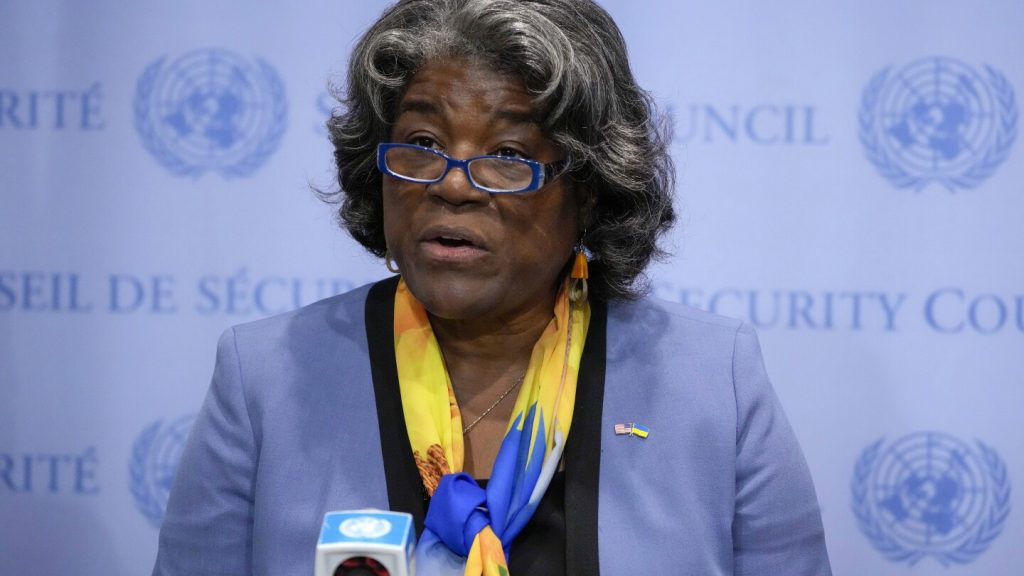In a recent announcement, the United States declared its support for the addition of two new permanent seats for African countries on the U.N. Security Council, along with the creation of a first-ever non-permanent seat for a small island developing nation. The U.S. Ambassador to the U.N., Linda Thomas-Greenfield, emphasized that African countries should have more representation on the council to fully utilize their knowledge and voices. While the U.S. supports giving Africa two permanent seats, it opposes granting veto power to these countries due to concerns about potential dysfunction.
The issue of expanding the Security Council has been a longstanding debate, with most countries agreeing that it should reflect the current global situation and include more voices. The council’s current configuration dates back to its establishment in 1945, with five permanent members possessing veto power. Efforts to reform the council have faced challenges, particularly in the face of veto power misuse by certain members. The U.S. administration has called for an increase in both permanent and non-permanent members, including representation from Africa, Latin America, and the Caribbean.
Russia’s veto power has hindered council action on various international issues, such as the conflict in Ukraine, while U.S. support for Israel has impacted responses to events like the war in Gaza. Discussions about council reform began in 1979, and in 2005, world leaders called for broader representation. Despite these calls, deep divisions amongst member states have impeded progress. President Biden has advocated for permanent seats for countries like Germany, Japan, and India, in addition to those in Africa, Latin America, and the Caribbean.
In response to calls for broader representation beyond regional considerations, the U.S. ambassador announced support for the creation of an additional rotating seat for small island developing countries. These nations, home to 65 million people across over 1,000 islands, offer unique perspectives on global peace and security issues, including the impact of issues like climate change. The United States intends to draft a resolution to reform the council, acknowledging the challenges of achieving consensus among all 193 member states on this complex issue.
While some countries argue that all member states should agree on the council’s reform before negotiations, Thomas-Greenfield acknowledges the challenges of reaching a total consensus. As discussions continue, the U.S. remains committed to advocating for increased representation for African nations, small island developing countries, and other regions on the Security Council. The push for reform reflects the need to update and diversify the council to better address the complex and evolving challenges of the 21st century global landscape.


